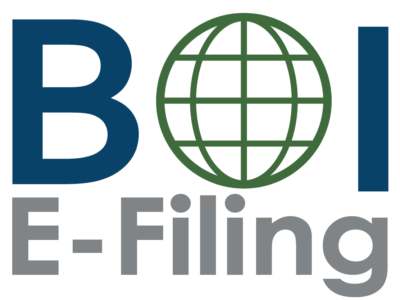If you have ever read Franz Kafka’s novel The Castle, you know the frustration of the main character trying to cut through the endless bureaucracy of the local village. There are times when we, in America, feel the same about our government’s endless need to generate new laws and paperwork.
I have recommended that authors who are generating income and also need to write off expenses create an LLC (Limited Liability Corporation) with its own bank account, to keep “business” income separate from personal household income and expenses. It is still an idea for you to explore if you haven’t already.
A few years ago, the U.S. Congress passed The Corporate Transparency Act of 2019 to help the government combat money laundering and terrorism financing through the use of LLCs. Creating an LLC is relatively easy but can be used to create a legal umbrella to protect a bad actor behind it.
However, a little-known piece of this legislation is that every LLC needs to file a Beneficial Ownership Information Report (BOIR) with the Federal Crimes Enforcement Network. This provides a paper trail to the government revealing the individual(s) behind the LLC who receives financial benefit from the business. (By the way, this also applies to partnerships and S corps.)
If you own an LLC, you have until December 31, 2024, to fill out the paperwork. (Here is the link to the government site.) If you do not file, you could be fined. Saying “I didn’t know” isn’t an excuse. But then, you just read this post, so you can’t say, “I didn’t know!” There is no fee to file. Depending on your comfort level with this type of paperwork, you may want to consult your accountant. Your state may also provide help. I searched for “Arizona Beneficial Ownership Information” and was sent this PDF.
This is a one-time bit of paperwork. But if your ownership changes or there is an address change or the name changes, you must update your BOIR within 30 days or be penalized.
I want to make sure I credit Jane Friedman’s Electric Speed newsletter for this tip. It is a wonderful free resource for all writers. (Click here to subscribe. Did I mention that it is FREE?)







